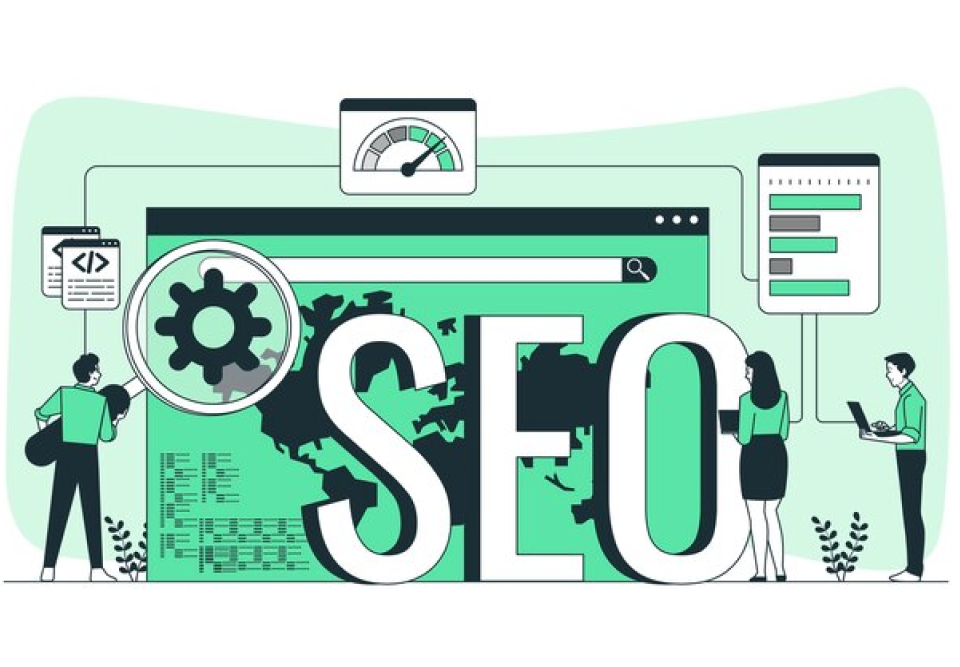The page speed optimization signifies how quickly the content loads on the website. So the page load can be defined into two ways “page load time” and “time to the first byte.”
- The Page Load Time: Page load time describes how much time a single page takes to display the full content on your website.
- The Time To First Byte: Time to the first byte signifies how much time the browser takes to receive the information from the webserver. The users pay more attention to the page load time.
What Relation Does Page Speed And SEO Carry?
If you want your users to have a better experience while visiting your website or increase your SEO rankings, your site developer should spend time on the page speed. The following you will come to know how important page speed for your business is.
How Is Page Speed Crucial For SEO?
The page speed optimization is essential for each site that might be slow sites or fast sites.
- Google test the sites and ranking with the crawling budget. Google only works with the site standard, which means if your website is slow, then Google will not send your site to top-notch. But the search engine redirects the budget, where they drag the fast page speed.
- The user does not stick on your site if it doesn’t open within the three seconds of the clicks, and ones the users step to the next site, they never visit back, and that adverse effect the conversion rate, bounce rate and user experience on the SEO. The bounce rate plays an important role in your rankings.
- If the bounce rate impacts the rankings, then the conversion rate also affects the rankings. If the visitors finish the sales cycle, then Google takes the note and forward the website up a notch in SERPs. Google will also top the site if the sales cycle ends in an email newsletter subscription, purchase, or contact.
- If the visitors do not complete the sale cycle, it implies the competitor is emerging the products and service or information they need. Every time the competitors gain the business and move up in the SERP, leaving you behind.
- Google’s motive is to provide the users with a great browsing experience that search engines can’t offer due to slow page speed that makes users frustrated. If the user gets frustrated, then Google reduces the ranking of that website.
You must have a question about how Google knows the user gets frustrated; then, it is because of conversion and bounce rates that are very telling.
- The page speed has an adverse effect on SEO. If you are unable to improve your standards in the SERPs, you impact SEO. So concern yourself that Google ultimately enhances your visitors’ experience. Whenever the search engine considers the site ranking, they check how users interact with your website and how long it is useful for visitors. If your visitor is satisfied, then this is a positive sign.
If your site is slow, then work on it to speed things up.














